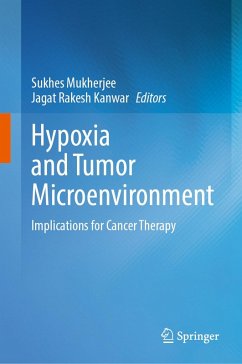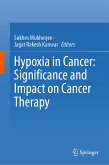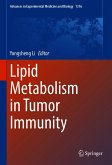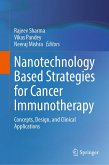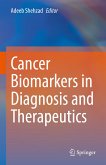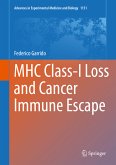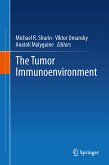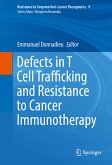This book provides a comprehensive overview of the hypoxic tumor microenvironment and its impact on various aspects of cancer biology, including DNA damage response, genome instability, tumor immunity, non-coding RNA regulation, metabolic regulation of CAR-T cell function, and angiogenesis. It explores the regulation and therapeutic potential of hypoxia-inducible factors, as well as strategies to improve cancer immunotherapy by targeting the hypoxic tumor microenvironment.
This book is a valuable resource for students, researchers, and Medical science professionals interested in understanding the complex interplay between hypoxia and cancer biology.
Dieser Download kann aus rechtlichen Gründen nur mit Rechnungsadresse in A, B, BG, CY, CZ, D, DK, EW, E, FIN, F, GR, HR, H, IRL, I, LT, L, LR, M, NL, PL, P, R, S, SLO, SK ausgeliefert werden.

